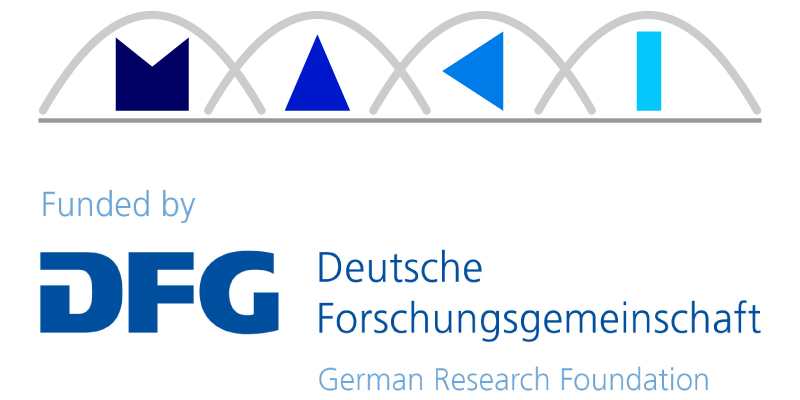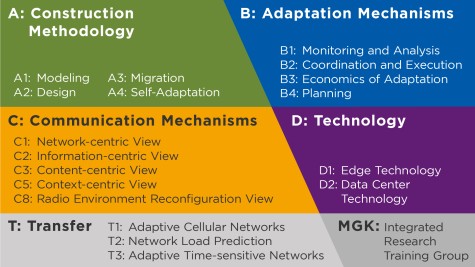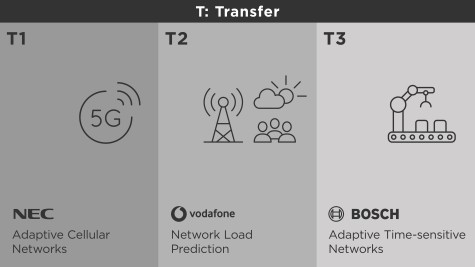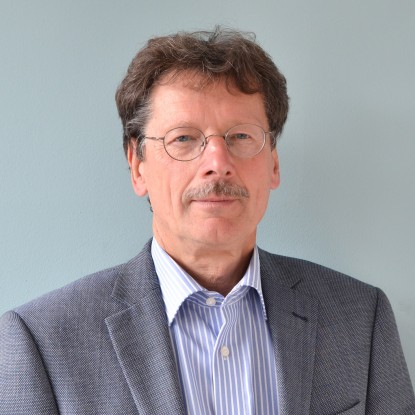The starting point for research in the Collaborative Research Centre Multi-Mechanism Adaptation for the Future Internet (MAKI) is to meet the challenge of improving the adaptability of a communication system under highly dynamic application scenarios, operating resources and framework conditions. To this end, since the beginning of the first funding period, MAKI has pursued as its overarching scientific objective research into new design methods, models and procedures that enable automated, coordinated and cross-layer transitions between functionally similar mechanisms within a communication system.
The research is divided into the project areas of
The project area Construction Methodology (A) includes research into the methodological foundations of transitions. Project area Adaptation Mechanisms (B) includes research on procedures to adapt a transitionable communication system based on an achieved and targeted quality. The research on project area Communication Mechanisms (C) includes the development of concrete transitions from different perspectives and for different layers. The project area Technology (D) aims at the development of new technologies to circumvent limitations of existing technologies. Thus, the focus of the new project area extends to new edge technologies and wireless networks as well as new data processing technologies for wired networks in cloud data centres. Under the section (X) Start-up funding, two professorships newly appointed at the TU Darmstadt will be integrated. Their research will enrich the SFB MAKI.
The general objective of the Collaborative Research Centre is bundled to address i) cooperative transitions between transition-enabled and non-transition-enabled communication systems, ii) applications under mission-critical requirements in specialised communication systems, and iii) the automated construction of transition logics necessitated by the constant growth of networked devices and deployable mechanisms.
Furthermore, three transfer projects were successfully established with industrial partners. These transfer projects are expected to have repercussions on issues in basic research in the SFB. The transfer projects are:
T1 B5G-Cell: Adaptive Millimeter-wave Networking in Beyond-5G Cellular Systems
T2 Context-based prediction of network load to improve service quality and customer satisfaction







